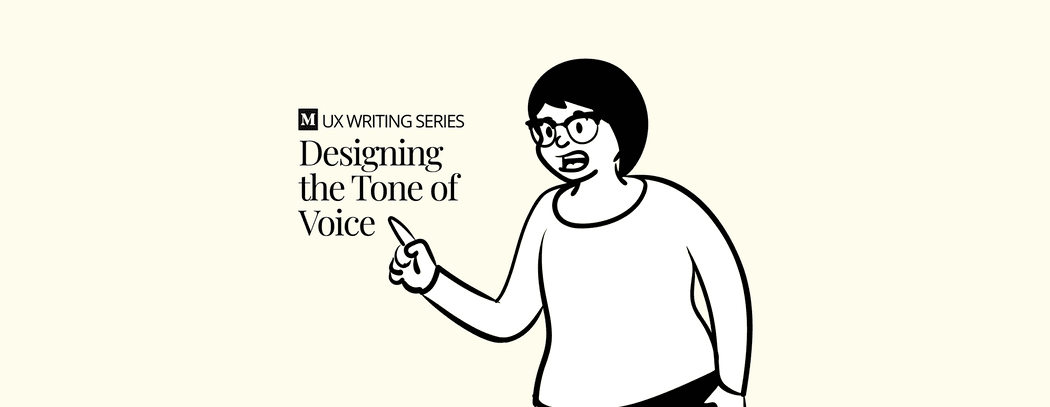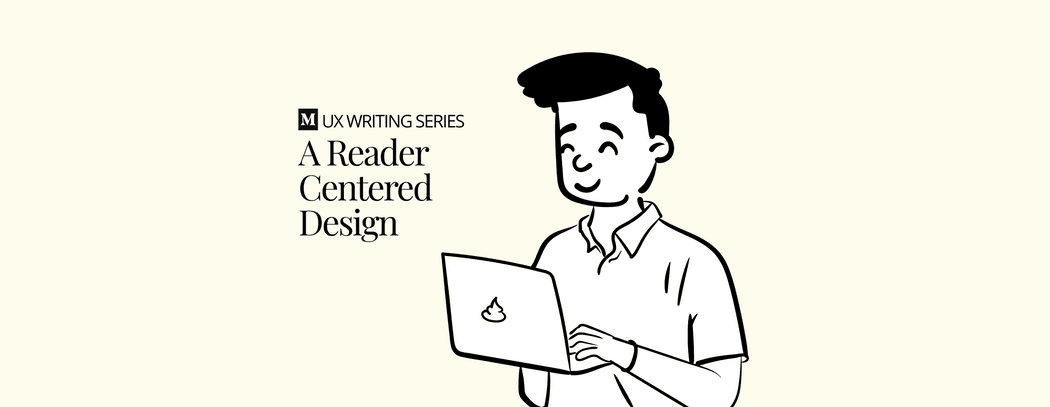It is simple. If we need information, we just google it. Then we scan the titles and descriptions. And once on a promising page, we look for clues in the content. We try to guess if it’s worth it to be read.
This information-seeking behaviorThis information-seeking behavior is compared to the predators’ conduct. Wild animals looking for food to survive. Usability experts and cognitive psychologists called this the information scent effect:
Users estimate how much useful information they are likely to get on a given path, and after seeking information compare the actual outcome with their predictions. When the information scent stops getting stronger, the users move to a different information source. Wikipedia
That’s why we scan. We are not lazy. Our brain is being strategic. It is using our instincts to solve the problem as soon as possible with the least energy. So, this is not a war between people’s laziness and making flashy content. It’s a matter of ...



